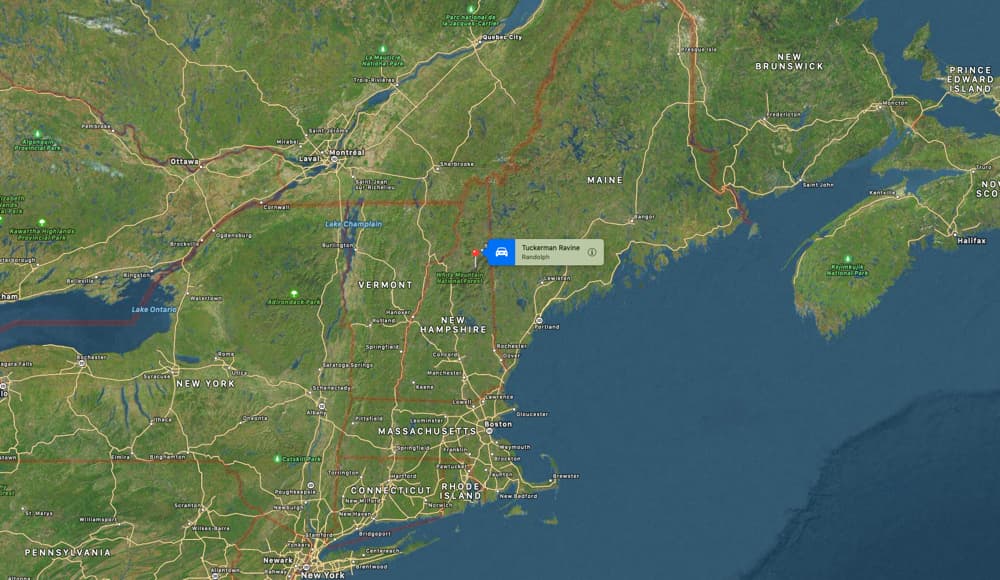View this post on Instagram
This time-lapse video shows an incident that occurred last summer when a hiker entered the snow arch that forms at the base of “The Open Book” feature where the Tuckerman Ravine Trail steepens and takes a turn to climb into the Sluice area.
At the wrong place at the wrong time, the arch collapsed on top of the hiker, as seen in this video, and resulted in serious injuries. He was lucky to have survived this.
Countless people have entered this arch over the years, and this incident is what we classify as very low probability and very high consequence. The arch is an intact feature for a substantial amount of time before it collapses – but when it collapses, serious injuries or death will result if you were caught inside.
As you see this feature starting to form over the next few weeks, it will be incredibly tempting to enter this cave to cool off from a summer heatwave. Unfortunately, it is impossible to know when the weight stress will overcome the strength of the snow bridge and collapse the thousands of pounds of ice onto the rocks beneath. This means that the best move is for you to enjoy this natural phenomenon from a distance and resist the urge to enter. If you happen to see folks entering the arch, a friendly warning and description of this video might go a long way in making sure this doesn’t happen again.
Tuckerman Ravine is a glacial cirque sloping eastward on the southeast face of Mt. Washington, in the White Mountains of New Hampshire. Although it draws hikers throughout the year and skiers throughout the winter, it is best known for the many “spring skiers” who ascend it on foot and ski down the steep slope from early April into July. In this period, the temperatures are relatively mild, but the natural snowpack — which averages up to 55 feet (17 m) in a typical winter — is still adequate to ski most seasons. The record-setting high winds atop Mount Washington scour a massive amount of snow from the surrounding highlands and drop it here or in the adjacent Huntington Ravine.
